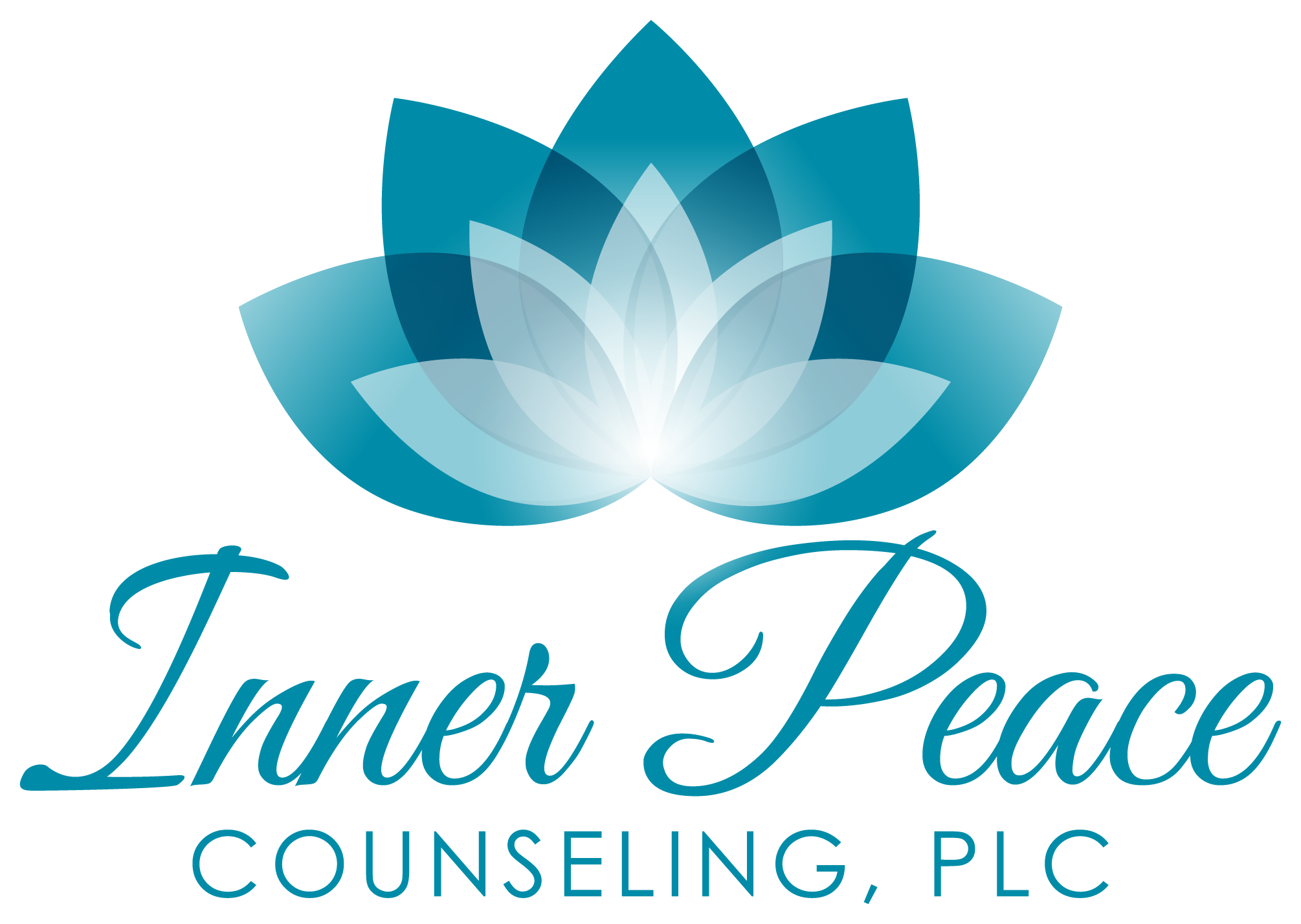Treatment for Anxiety and Depression: The Case for Avoiding “Why?”

Treatment for Anxiety and Depression: The Case for Avoiding “Why?”
“Why?” can be a powerful, yet dangerous question to ask. “Why?” explores causality and can provide insight. However, it can also be a black hole contributing to anxiety and despair. Let me explain what I mean.
When treating anxiety and depression, I find that often people will ask me why their symptoms are present or as strong as they are, why they feel a certain emotion, or why they look at something a certain way. Trying to get at the core of behaviors shows that people care about the outcome of therapy. This is a great sign! But, asking “why?” is a vicious cycle.
The Dangers of “Why?”
The risk of “why?” is that, chances are, we will never be able to know for sure why something is the way it is. And, while a major difference between therapists or even theories of counseling is whether they see the past as impacting the present, I tend to see the answers as not necessarily mattering anyway. For instance, you find yourself moving from one abusive relationship to the next. Okay. So, address that. Or, you find yourself becoming defensive when others offer advice. Alright, let’s explore how we can change that. Focusing on the solutions, as opposed to getting caught in the sand-pit of question-asking, has proven more successful than knowing “why” in my experience.
Another danger that “Why?” poses is that, chances are, the “right” answer (if it even exists) will never be satisfactory. That co-worker just may be a mean person. Your father-in-law may just not be capable of loving you in the way you want to be loved. Then what?
After we ask “Why?” and get an un-satisfactory answer, my experience is that we go into problem-solving mode. We try and fix what we feel is “wrong”. If we take our mean co-worker to lunch maybe they will see that we are not so bad. If you make daily phone calls to your father-in-law maybe he will see that you need connection.
The problem here is that we often can’t fix the reasons why. So, the anxious or depressive symptoms that you are already dealing with may become stronger. You try and control the situation so that your co-worker can start to be nice to you. You work to impress your father-in-law so that you can show him what really matters. Since anxiety manifests as the desire to control and create a predictable world, our Anxiety goes to town. As for Depression, we play the “If only…” game. “If only my co-worker was nice to me, I would like my job.” “If only I was worthy to be loved, my father-in-law would do so.” As you can tell, we are back on a slippery slope.
Another Option
I have found what is far more helpful when faced with a difficult situation is to ask “What is here?”. This approach has echoes of mindfulness as it is focused on acceptance and observing situations as opposed to trying to meddle with them and figure them out. After all, “figuring it out” is just so we can feel better about the situation, anyway. And, that sounds like anxiety again.
Instead, asking “What is here?” often results with an awareness of our own emotions. When a co-worker is not nice, asking “What’s here?” may result in you observing your own sadness, frustration, and feeling left out. A father-in-law that doesn’t connect with you in the way that you need may trigger your anger at your own father’s lack of connection with you.
The stories that we tell ourselves that contribute to our anxiety and depression impact our lives. When we ask “Why?”, we get caught up in the stories that we tell ourselves. But, when we ask “What is here?” we must confront our emotions and perceptions of the situation. “What?” reminds us that there is no absolute reality, just our experience of it. “What?” allows us to re-approach a fight with our partner with grace, sharing our own perception, as opposed to blaming your partner for being so utterly ridiculous.
Try it for Yourself
Who would have thought a simply word would be so important? But, don’t take my work for it. Try it for yourself. See how avoiding “Why?” may allow you to pull yourself out of the black hole of self-analysis.
~Ashley Carter Youngblood, LMSW, LMFT, CADC, ADS
 Ashley Carter Youngblood is both a Fully-licensed Clinical Social Worker and Marriage and Family Therapist who has been in the field since 2007. She offers counseling in Kalamazoo, Portage, Mattawan, Battle Creek, Paw Paw, and the surrounding areas of Southwest Michigan. She is passionate about her work with clients, whether it’s providing individual counseling, couples counseling, family therapy, or life coaching. Her specialties include holistic healing/mindfulness, counseling for women, anxiety, couples counseling, and addictions/substance abuse.
Ashley Carter Youngblood is both a Fully-licensed Clinical Social Worker and Marriage and Family Therapist who has been in the field since 2007. She offers counseling in Kalamazoo, Portage, Mattawan, Battle Creek, Paw Paw, and the surrounding areas of Southwest Michigan. She is passionate about her work with clients, whether it’s providing individual counseling, couples counseling, family therapy, or life coaching. Her specialties include holistic healing/mindfulness, counseling for women, anxiety, couples counseling, and addictions/substance abuse.
I welcome you to contact me or leave any questions or feedback you have about this post. Please keep in mind that the above information is the opinion of an individual, should not be considered medical advice, and is for entertainment/educational purposes only. I write these blogs as an expression of my passion for wellness and with the hope to be able to help as many people as possible. Therefore, I would encourage anyone seeking mental health advice to contact a therapist in your area who can better evaluate your situation and provide you with case-specific information for treatment. Also remember, if you are experiencing an emergency, contact 911 or present yourself to your nearest emergency room.
Thanks for reading.
2 Comments Hide Comments
Comments are closed.

[…] for learning how to manage anxiety. On other parts of my website I talk about using mindfulness, avoiding the question “Why?”, and understanding “Thinking errors” as various approaches I have found to be very effective […]
[…] one of my specialties is working with those who worry, I have written other blogs about anxiety treatment, how to know when you have anxiety, characteristics of anxious thoughts, and how to manage anxiety. […]